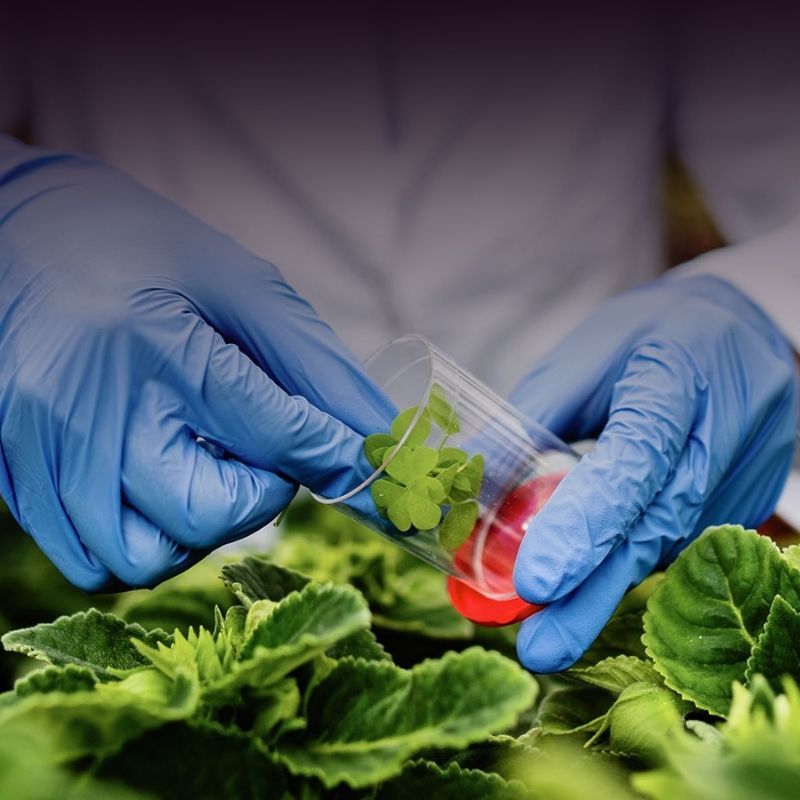B. Tech Food Technology
B.Tech in Food Technology focuses on the scientific principles and engineering concepts involved in processing, preserving, and packaging food, preparing students for a career in the food industry.

The B.Tech in Food Technology program is a four-year undergraduate course that combines food science with engineering principles. It covers various aspects of food processing, quality assurance, preservation techniques, and product development. The program equips students with the skills needed to innovate and improve food safety and nutrition. Practical experience is gained through internships, lab sessions, and industry projects, providing a strong foundation for careers in the rapidly evolving food industry.
Key Highlights of the Program:
Industry partnerships for hands-on training and project work.
The curriculum spans eight semesters, combining core subjects, elective courses, and hands-on training in food technology.
Core Subjects:
Electives and Specializations:
Laboratory and Practical Sessions:
Projects and Research:
To enroll in the B.Tech in Food Technology program, candidates must meet the following requirements:
Willingness to innovate and improve food processing methods.